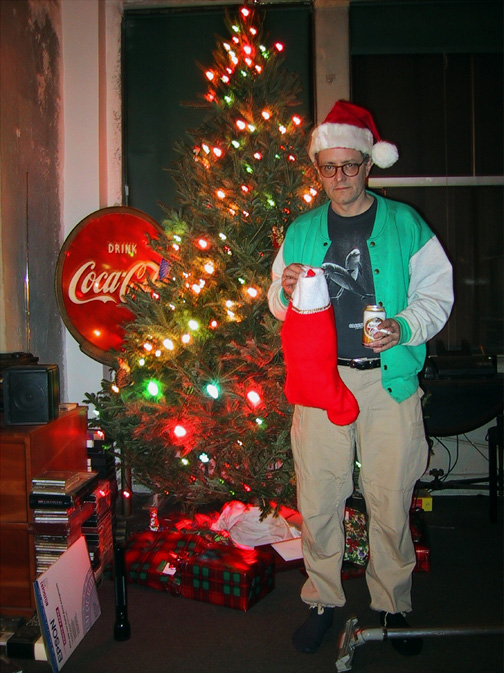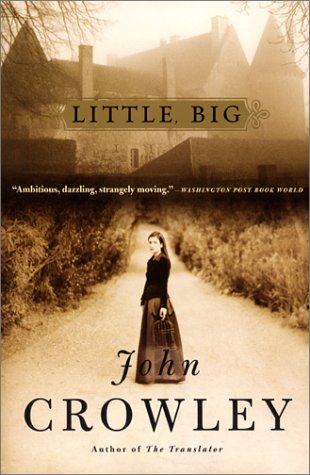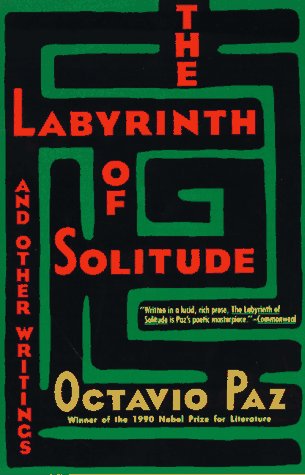
In his fascinating novel Little, Big, John Crowley proposes the idea that time does not actually elapse between
Christmases — that at Christmas we simply flip into another time frame
in which it is always Christmas and always will be. Then we flip
out of it again.

This is certainly how Christmas feels, and it ties in with some ideas Octavio Paz proposes in The Labyrinth Of Solitude, his great meditation on Mexican history and the Mexican character.

In the book, Paz discusses the importance of the fiesta
in Mexican life, as a time when Mexicans cast off their masks, the
barriers they erect against any penetration of their characteristic
solitude, and feel free to commune with others, sometimes socially,
sometimes erotically, sometimes violently.
Paz suggests that fiestas, and
all ritual celebrations, don't commemorate an event but recreate it —
recreate a transcendent moment when time is dissolved and masks are
discarded. This of course ties in with the theological
proposition that Jesus is actually present in the wine and the host at
Christian communion services — and more broadly with Kierkegaard's notion that
Christian believers are literally contemporaries of Christ.
And of course it explains why time does not pass between Christmases.
